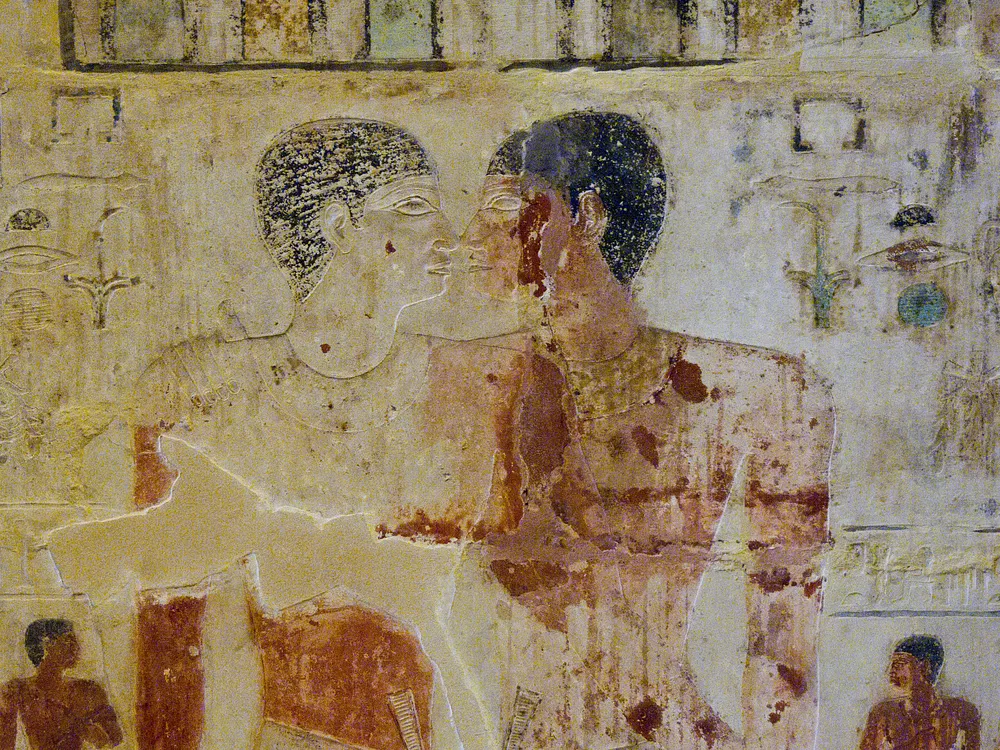The Lee Oswald Paradox: a Hero or a Pathetic Fool?
In Libra, we are given lots of information about young Lee in his journey to become the notorious Lee Havey Oswald, and in the mix of details and self-accounts, we can paint two contradicting pictures of him simultaneously. On the one hand, he is a resilient and determined aspiring revolutionary who rises from difficulty to answer his true calling as a historic figure. On the other hand, he is a foolish kid pursuing an idealized picture of historic fame . No matter how paradoxical, these two faces are inseparably embedded in Lee’s core identity, demanding a deeper review of how this contradiction came to be. Let’s start with his heroic side. What impressed me the most about Lee was how he raised himself up from the challenges of his upbringing. We learn that, as a teen, he struggled to fit in with his peers and felt displaced wherever his family moved to; he lacked a fatherly figure and was generally disconnected from his mother and siblings. But rather than letting all this hards...
